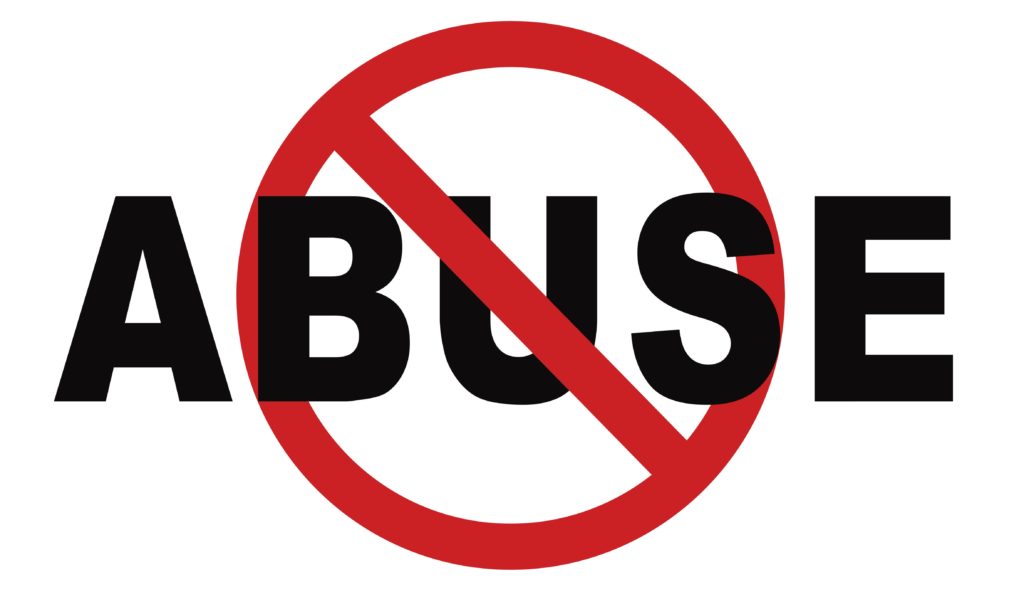People generally associate addiction treatment centers with inpatient recovery programs for alcoholism and drug addiction. But most treatment facilities also offer outpatient alcohol rehabilitation options for those who prefer this pathway to healing and recovery. Many of the same evidence-based therapies used in inpatient rehab are used in an outpatient alcohol rehab center.
Additionally, depending on the level of outpatient care, outpatient alcohol rehab can be intense, with structured days and high levels of accountability to give each individual the best chance of meeting recovery goals. Call 17135283709 to learn more and start your path toward healing and recovery.
How Does Outpatient Alcohol Rehab Work?
During outpatient alcohol rehab, clients come to a treatment center for several hours each day, anywhere from 3-5 days each week. While they don’t reside on treatment center grounds, they still participate in a full menu of services and programs, including individual, group, and family therapy sessions, plus any other types of specialized therapies the facility may offer. Despite the shorter time on site, clients receiving outpatient alcohol rehab services are provided with everything they need to keep their recovery moving forward. This is especially true for problem drinkers and alcoholics who can enroll in intensive outpatient programs, where every effort is made to match inpatient care regimens as closely as possible. Outpatient treatment is less expensive than inpatient treatment, but it may go on for longer since the total number of hours spent in treatment each week is reduced.
What Are the Advantages of Outpatient Alcohol Addiction Treatment?
In comparison to inpatient rehab programs, outpatient programs are less disruptive to work and other commitments and don’t require the same level of personal sacrifice. Patients receiving outpatient services can keep working or going to school, at least part-time, and they can see their spouses, children, and friends every day and sleep in their own bed at home each night.
Some people in treatment need 24-hour supervision, and if their personal lives are filled with turmoil, going home each day may not be in their best interest. However, other recovering alcoholics may miss their families too much and can benefit greatly from the emotional and practical support they receive when staying close to their loved ones while undergoing treatment.
Overcoming alcohol abuse has to be the recovering addict’s number one priority during treatment, regardless of what type of treatment they choose. At the same time, many people aren’t able to put aside their job or educational responsibilities so easily, not even for a 2-month period. For these men and women, outpatient treatment and rehabilitation can ease their concerns and eliminate possible distractions or complications that may deflect their attention away from their recovery.
Outpatient Alcohol Rehab Is for Those Who Want It
There is no clear answer to who is or isn’t a good candidate for outpatient alcohol rehab. After consulting with family members and addiction specialists, each individual struggling with an alcohol use disorder has to decide what type of treatment program they’d prefer. The main motivations for sticking with outpatient alcohol rehab are:
- Commitment to family obligations
- Work or school responsibilities
- Finances
- Living situation
- Proximity to a high-quality outpatient facility
The bottom line is that people who undergo outpatient alcohol treatment don’t have to sacrifice their quality of treatment, making outpatient rehab a legitimate option for those who choose it.
Reach Out to The Right Step
Do you know someone who needs outpatient alcohol rehab? If you or a loved one are struggling with an alcohol use disorder and want more information about our alcoholism treatment programs, please call The Right Step at 17135283709 today or contact us online. Alcohol can not only destroy an individual’s physical and mental well-being, but it is devastating to family and other interpersonal relationships. We can help you or your loved one get on the path to recovery and live a sober, productive life.






